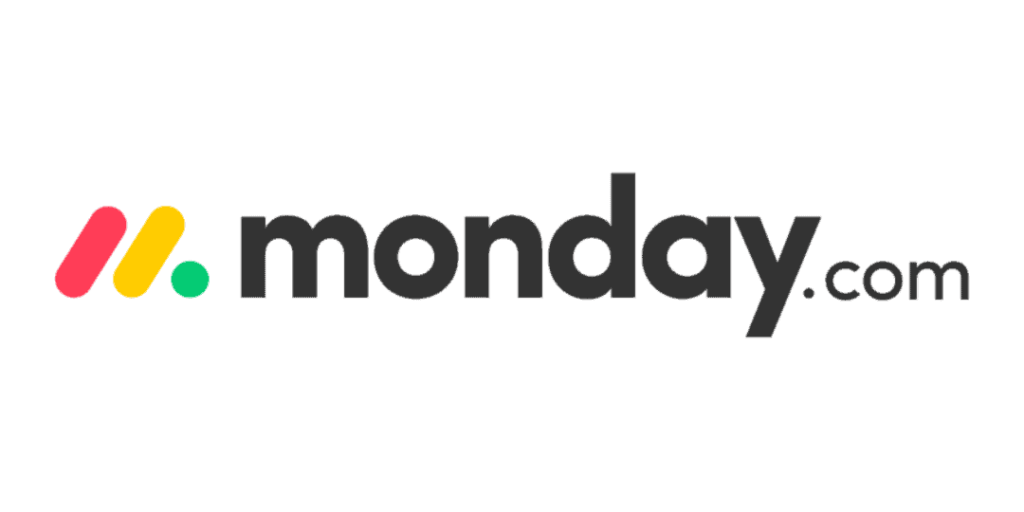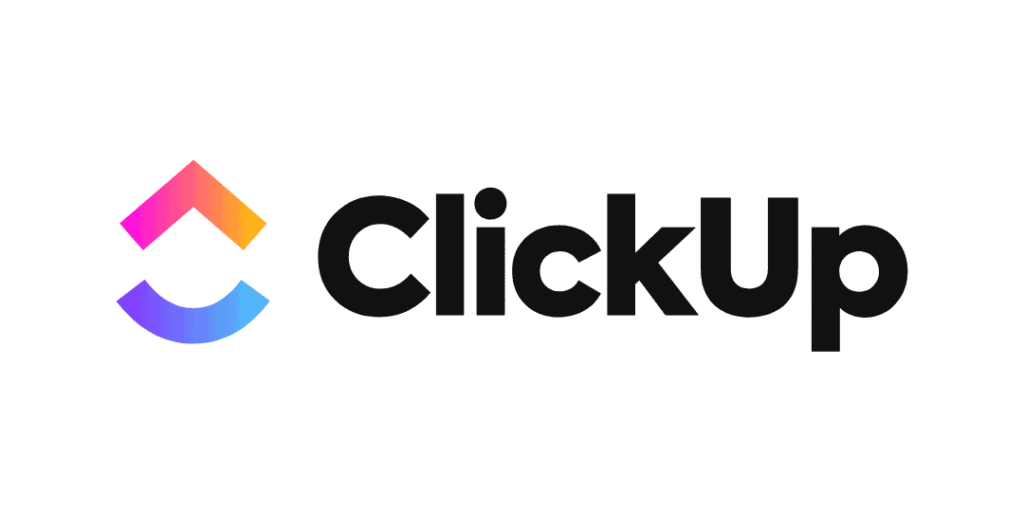Whatever your activity, status or the size of your company, there is a strong likelihood that you need to manage projects, either occasionally or on a recurring basis. It might even be your job!
Project management, also called project administration, involves overseeing resources, costs and deadlines to successfully complete a project. It is a very broad discipline that requires:
- managing the different stages, deadlines and milestones of a project;
- monitoring the human and financial resources dedicated to the project : budget allocated to the project, people working on the project, expenditures, material resources…;
- managing tasks that may be linked to each other, and the assignment of these tasks to the right people.
That said, it is possible that, like many companies, you aren’t using the right project management tools. To save you time, you will find here a top picks for the best project management tools on the market:
Criterias to choose the best project management software
To help you choose your project management software, we have gathered the most important criterias to keep in mind.
Features
This is definitely the most important criteria for choosing your project management tool. Depending on your activity and the organisation of your company, and according to the tools already in place, your needs are likely to be different than others.
Think about the features you need today, but don’t neglect those you’ll need tomorrow if your company grows. There is nothing worse than having to change project management software in a year’s time !
Start by listing the most essentials features for you, it will then be easier to identify the most suitable software.
Company size
The size of the company is an important aspect, as well as the number of users, which generally affects the price. Choose a software that will be able to grow with your team! If you intend to recruit in the coming years, or manage more projects, ensure that the software is sized for this and that its cost will not increase exponentially. Wrike is particularly useful if you run several projects at once. Also you should always make sure that the software will remain user-friendly, even with a large volume of users and projects.
Project management methodology
In the field of project management, there are different methodologies, different approaches, and your tool should adapt to your way of working, not the other way around.
For example, Jira is built as a project management software for teams using the Agile method. Monday, Trello and Notion offer dedicated templates for teams that use the Scrum method. There are even software tools like Scrumfast, dedicated to Scrum masters!
Are you a fan of Kanban? Gantt charts? Lean Management? Be sure to choose a tool that meets your requirements!
Ease of use
Ergonomics and ease of use are important criteria. Indeed, project management software will be used daily by your team: its use must therefore be pleasant and must not waste time. Pay attention to performance: project management software must not be slow!
Fortunately, most project management software can be tested for free: you can thus form your own opinion before choosing. If your needs are relatively simple, there is no need for an overly complex system: pick out simple and intuitive tools!
Pricing
Cost is of course a very important detail when choosing your project management software. Depending on the tool, the cost of a project management software can range from £0 (ClickUp for example) to several thousand pounds per month.
In most situations, the price depends on both the number of users and the features chosen.
But do take into account all aspects, when considering the price:
- Do you have access to customer support?
- Do you need to pay a consultant to help you set up the product?
- Does this software allow you to save money (by replacing other tools that you have already implemented)?
If you are looking for advanced features or need to store a lot of documents, a free solution will very quickly show its limitations. The same applies to integrations with third-party solutions. In most cases, you will need to spend money to access these.
Hosting and security
Most project management software today is sold on a subscription basis, in SaaS mode, with hosting included in the cost.
If you prefer to host the software yourself, your options will be more limited. But this is possible with Jira for large enterprises (from 500 users). It is also an option with open-source software such as OpenProject, ProjeQtOr, and Taiga.
If you choose a SaaS-hosted solution, make sure you carefully review the company’s security policy, including GDPR compliance, backups, and uptime guarantees.
Turnkey or custom-made?
Will you choose a turnkey project management software solution, or a no-code tool that allows you to create a tailored project management system?
With ready-to-use project management software, there is minimal setup required—everything is pre-configured. This can save you time during implementation, as you simply follow the built-in structure. Some solutions are even designed for specific industries or project methodologies, meaning they align with your terminology and processes from the start.
On the other hand, tools like Notion or Monday act more like toolkits, enabling you to build a customised project management system without writing a single line of code. They provide templates to get you started, but it is up to you to configure the lists, tables, fields, and workflows to suit your needs.
Choosing the right solution depends on how much time you can dedicate to setup, the skills available within your team, and your specific requirements.
Integrations
Do you already use several pieces of business software? The ability of your project management software to integrate with your existing tools can be a key factor in your decision.
In some cases, your project management software may need to share data with your invoicing system or CRM. On the other hand, some already include various features. HubSpot for example is a powerful CRM as well as project management software.
It may also be necessary to integrate it with your internal messaging platform (Slack, Teams…), your email, or your calendar. Make sure you check the available connectors before choosing a project management solution.
Customer support
We have saved this detail for last, but it is certainly not the least important. Implementing project management software isn’t always easy, so make sure you choose a provider that offers strong support to assist you along the way!
Here are a few key aspects to check:
- Is the user help and documentation comprehensive?
- What support channels are available—chat, phone, email?
- Is customer support available in your preferred language?
- What are the expected response times?
During your trial period, don’t hesitate to contact support to assess the level of service for yourself.






